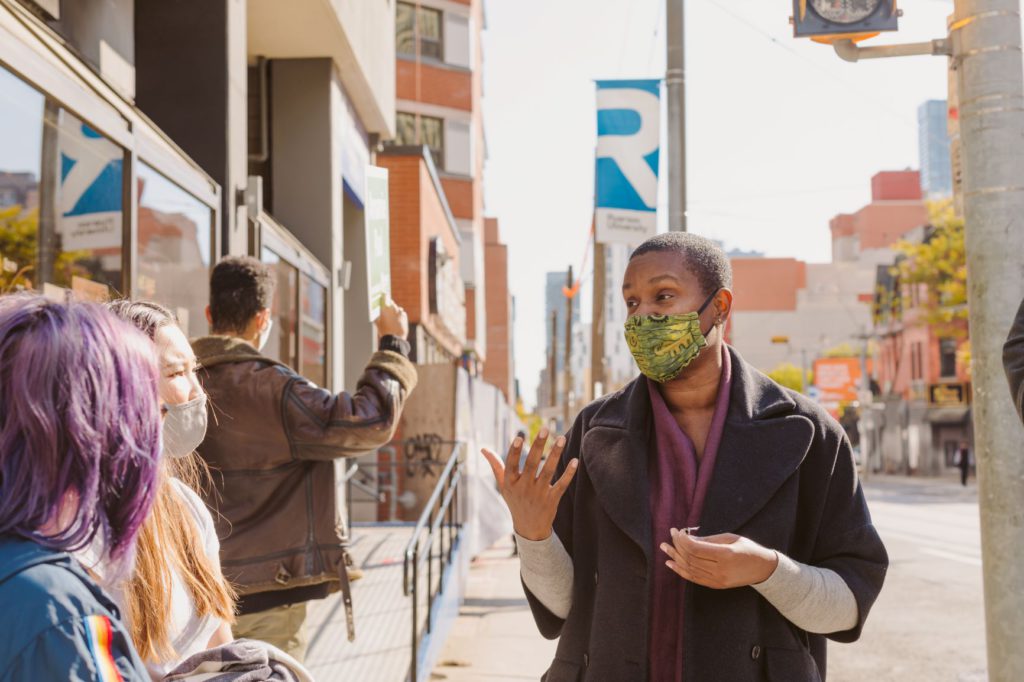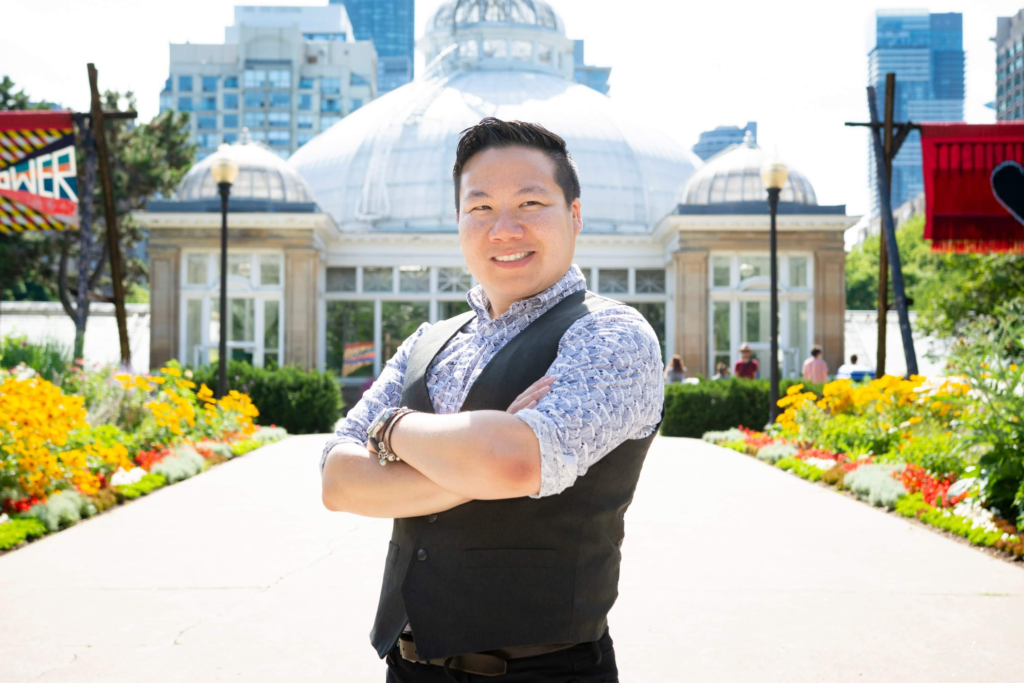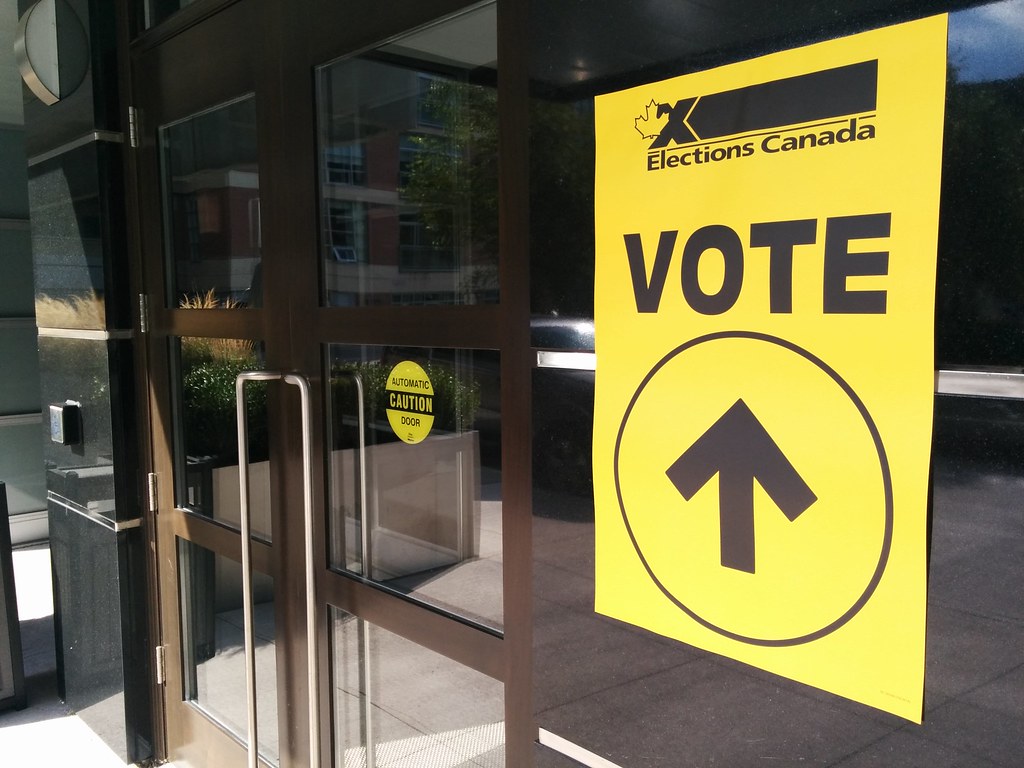Federal by-elections in the York Centre and Toronto Centre ridings are taking place on Monday, October 26 — the first to be held during the COVID-19 pandemic. For many of the candidates running in the Toronto Centre byelection, issues relating to COVID-19 and its impact on students are still of high priority. The elections are going ahead despite concerns about rising case counts in Toronto.
“We were told and are still told that we’re at a critical tipping point, where everyone’s individual actions will determine whether we have a very large second wave or a more moderate one,” says Annamie Paul, recently elected leader of the Green Party of Canada.
This election is a critical one for the party, who are aiming to secure a vital seat for their new leader in the Toronto Centre riding.

Notably, the Green party directly called for the elections to be suspended, in order to protect Toronto Centre’s majority low-income, racialized, and essential worker voters from COVID-19.
However, an apparent necessary suspension was not a unanimous decision amongst the candidates.
“Toronto Centre is a working class community, we have the second highest level of child poverty in the entire country, and this means that we don’t have federal representation right now,” says Brian Chang, New Democratic Party (NDP) candidate for Toronto Centre, and the only major party candidate who lives within the riding itself. “It means that we and our community are not seeing our needs met in Ottawa, that we have even less representation than we did before.”
“In the Ontario Clean Air Alliance Debate, Ms. Paul called this a potential superspreader event, and I think that kind of language is a little irresponsible,” Chang continues.
“The Prime Minister has decided not to intervene, and unfortunately the residents of York Centre and Toronto Centre are being treated like a test case for what it’s like to have an election during a pandemic.”
“Especially when there is no evidence-based public health official saying that voting is going to cause a superspreading event. I feel like that kind of rhetoric really makes people afraid to vote, and I want to make sure that people of Toronto Centre have their chance to have their voice heard on who they want their representative to be.”
Elections Canada has confirmed that despite any objections, the byelections will be going full steam ahead. Ironclad health and safety measures will be in effect at all polling places, and the number of people inside will be limited based on provincial gathering mandates. Up until Tuesday, voters also had the opportunity to vote by mail.
“The Prime Minister has decided not to intervene, and unfortunately the residents of York Centre and Toronto Centre are being treated like a test case for what it’s like to have an election during a pandemic,” says Paul. “I think that’s very unfortunate, and I hope that it’s one more reason people choose to vote for a different party this time.”
Natasha Gauthier, spokesperson for Elections Canada, outlines a recommendation that has been made to potentially improve the conditions for future elections during a pandemic.
“You may have heard about our request to have voting over two days, Saturday and Sunday, instead of election Monday. This would require parliament to make changes to the Canada Elections Act,” says Gauthier. “We have made this recommendation with an eye to having a two-day voting period in place for the next general election, but parliament has not had time to change the Act for the byelections.”
In the meantime, the byelections must continue as scheduled. One major issue that Toronto Centre candidates are focused on is student wellbeing during the COVID-19 pandemic.
“Students are not a separate segment of society. Students are workers, students are healthcare providers, students are young, students are older. Right now, what we’ve seen is that the Liberal government has repeatedly forgotten students in its economic recovery plan,” says Chang. “The costs of education haven’t gone down, and it’s harder for students to make money and earn money, so it’s harder to stay in school. We should be doing more to ensure that students continue to have access to education, and continue to have access to support.”

Chang further elaborates: “In terms of long term funding, what we’re advocating for is bringing the federal government back to the table with regular, predictable federal funding and working with universities for tuition-free schooling. This is the ultimate goal that the New Democrats are working towards.”
Paul also expresses the Green party’s belief that “three to four years of post-secondary education should be free,” and that the party considers this to be an “essential level of education” which should be funded for everyone.
“I’m also really concerned about the youth unemployment rate,” she says. “Forty per cent of students didn’t have jobs this summer, and one of the solutions for these kinds of issues that we’ve been talking about for a very long time is a guaranteed liveable income.”
“This is actually a very unusual election in which every single person is racialized or a person of colour. It’s really fantastic that we can get to this point where we can contest elections with different ideas from diverse candidates.”
With many strong platforms on the table, voters must do their homework in order to ensure the best representation for the riding. Regardless of who ultimately wins the seat, candidates say the future is bright for politically motivated students.
“My leadership campaign was very much powered by young people, a lot of them being York students as well,” says Paul. “Any York students that want to use their talents to work on the very big issues of our time should know that in the Green party, and certainly with me and our team, we welcome that. There’s a role there for you.”
The candidates also offered words of encouragement for marginalized students who find inspiration in their work.
“This is actually a very unusual election in which every single person is racialized or a person of colour,” says Chang. “It’s really fantastic that we can get to this point where we can contest elections with different ideas from diverse candidates.”
“Don’t ignore the barriers, because there are barriers,” concludes Paul. “There is systemic racism, there is systemic discrimination in our institutions, but don’t let that stand in your way. Build the support networks that you need to accomplish your goals, even if you might be the first one to accomplish that goal.”
Toronto Centre candidates Marci Ien of the Liberal party and Benjamin Gauri Sharma of the Conservative party could not be reached for comment at the time of publication.




